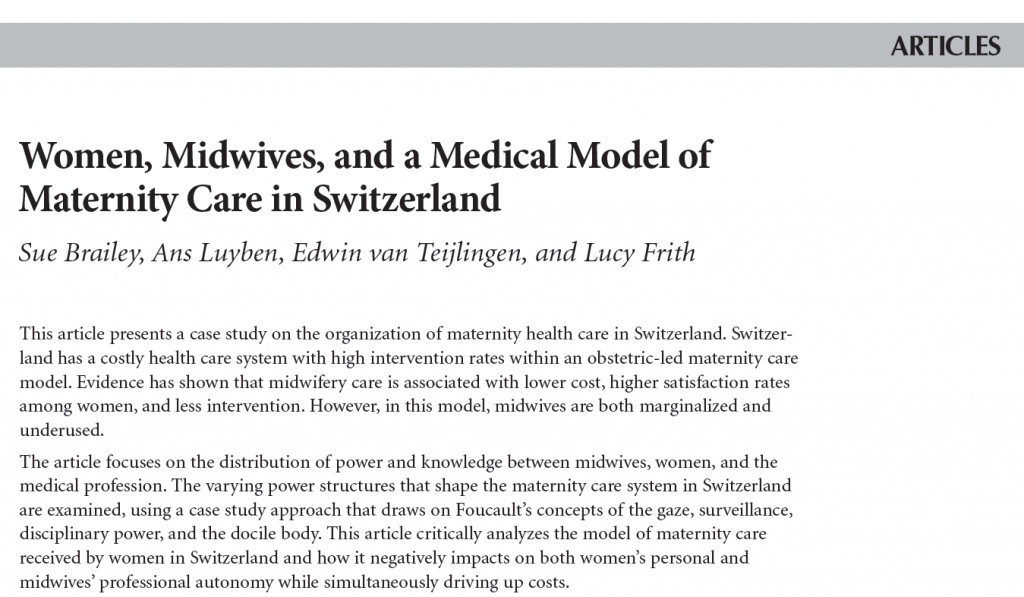 Over the Festive Season the International Journal of Childbirth published the latest article from staff based at the Centre for Midwifery, Maternal & Perinatal Health (CMMPH) [1]. This paper ‘Women, Midwives, and a Medical Model of Maternity Care in Switzerland’ is co-authored with Bournemouth University Visiting Faculty Ans Luyben (a Dutch midwife working in Switzerland), Sue Brailey from the School of Health & Education at Middlesex University and Lucy Firth at the University of Liverpool.
Over the Festive Season the International Journal of Childbirth published the latest article from staff based at the Centre for Midwifery, Maternal & Perinatal Health (CMMPH) [1]. This paper ‘Women, Midwives, and a Medical Model of Maternity Care in Switzerland’ is co-authored with Bournemouth University Visiting Faculty Ans Luyben (a Dutch midwife working in Switzerland), Sue Brailey from the School of Health & Education at Middlesex University and Lucy Firth at the University of Liverpool.
This Swiss paper builds on a body of work within CMMPH around a medical/social model of childbirth. BU academics have applied this model in multidisciplinary studies, including the disciplines of midwifery, [2-4] sociology, [5] and media studies [6].
References
- Brailey, S., Luyben, A., Firth, L., van Teijlingen, E. (2017) Women, midwives and a medical model of maternity care in Switzerland, International Journal of Childbirth 7(3): 117-125.
- van Teijlingen, E. (2017) The medical and social model of childbirth, Kontakt 19 (2): e73-e74
- MacKenzie Bryers H., van Teijlingen, E. (2010) Risk, Theory, Social & Medical Models: critical analysis of the concept of risk in maternity care, Midwifery 26(5): 488-496.
- Ireland, J., van Teijlingen, E. (2013) Normal birth: social-medical model, The Practising Midwife 16 (11): 17-20.
- van Teijlingen E. (2005) A critical analysis of the medical model as used in the study of pregnancy and childbirth, Sociological Research Online, 10 (2) Web address: http://www.socresonline.org.uk/10/2/teijlingen.html
- Luce, A., Cash, M., Hundley, V., Cheyne, H., van Teijlingen, E., Angell, C. (2016) “Is it realistic?” the portrayal of pregnancy and childbirth in the media BMC Pregnancy & Childbirth 16: 40 http://bmcpregnancychildbirth.biomedcentral.com/articles/10.1186/s12884-016-0827-x



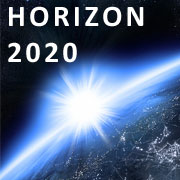

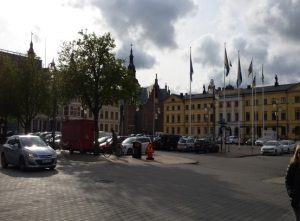
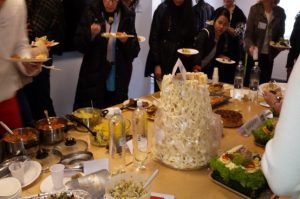
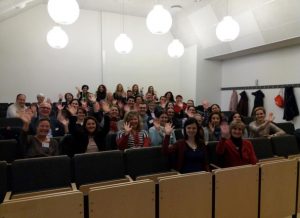

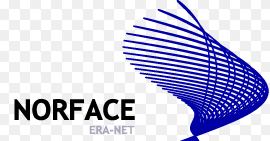


 Travel Grant Scheme: Participation in the China High-Tech Forum and Brokerage Event during the China Hi-Tech Fair 2016 in Shenzhen, China
Travel Grant Scheme: Participation in the China High-Tech Forum and Brokerage Event during the China Hi-Tech Fair 2016 in Shenzhen, China
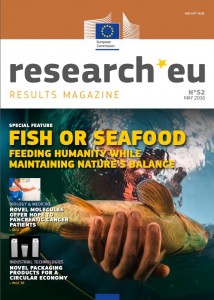
 Bournemouth University welcomed Mr Peter Huang, Deputy Director of the
Bournemouth University welcomed Mr Peter Huang, Deputy Director of the 

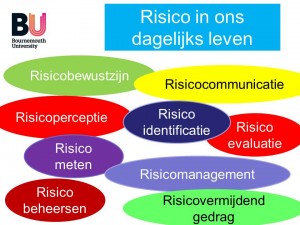











 Dr. Ashraf cited on ‘Modest Fashion’ in The Guardian
Dr. Ashraf cited on ‘Modest Fashion’ in The Guardian NIHR-funded research launches website
NIHR-funded research launches website Academics write for newspaper in Nepal
Academics write for newspaper in Nepal New paper published on disability in women & girls
New paper published on disability in women & girls MSCA Postdoctoral Fellowships 2025 Call
MSCA Postdoctoral Fellowships 2025 Call ERC Advanced Grant 2025 Webinar
ERC Advanced Grant 2025 Webinar Horizon Europe Work Programme 2025 Published
Horizon Europe Work Programme 2025 Published Horizon Europe 2025 Work Programme pre-Published
Horizon Europe 2025 Work Programme pre-Published Update on UKRO services
Update on UKRO services European research project exploring use of ‘virtual twins’ to better manage metabolic associated fatty liver disease
European research project exploring use of ‘virtual twins’ to better manage metabolic associated fatty liver disease